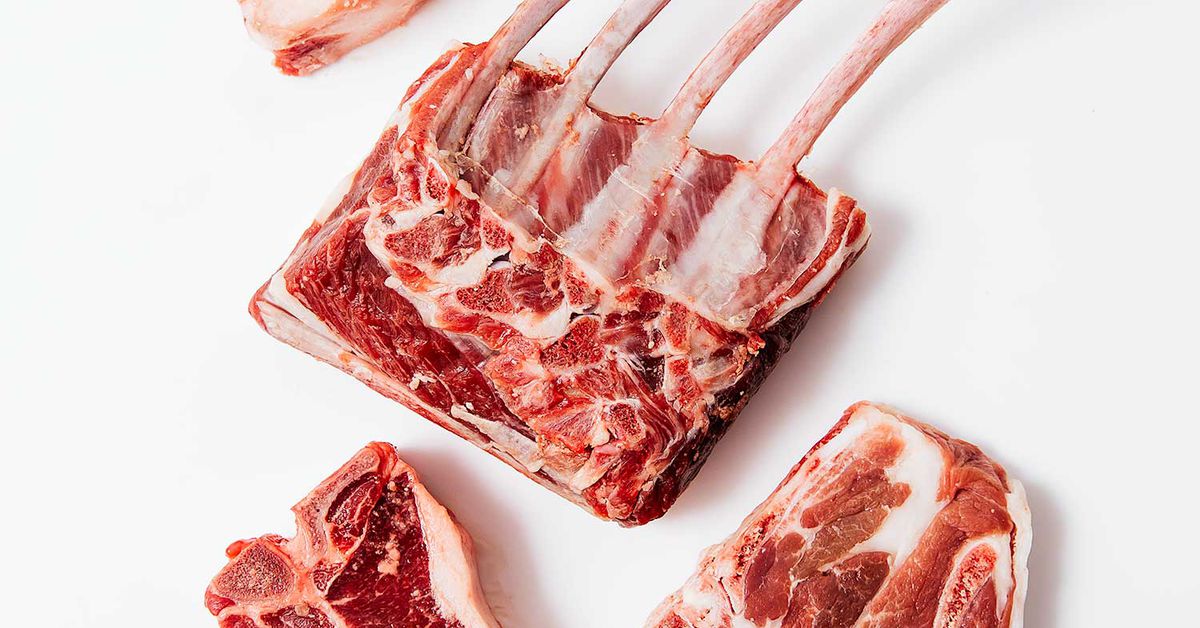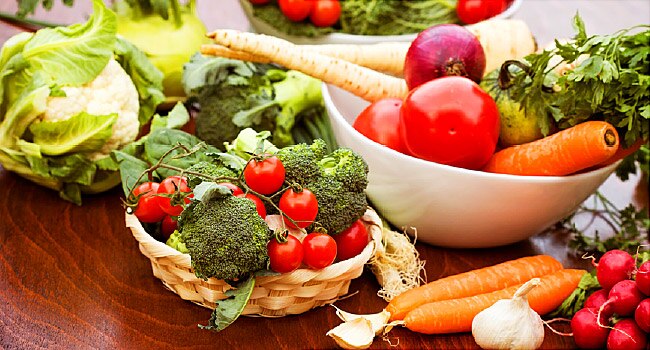Eggs are terrible; eggs are great. Fat is awful; fat is great. Meat is awful; meat is… OK?
That last nourishment flip-flop stood out as truly newsworthy a week ago. It was a “striking turnabout,” “bumping,” “staggering.” How, it was asked, could apparently bedrock nourishment guidance change direction quickly?
The appropriate response is that a large number of the country’s authentic sustenance proposals — including the possibility that red meat is an executioner — have been founded on a sort of powerless science that specialists have lamentably turned out to be familiar with depending upon. Since touchy science is being addressed. In question are profoundly settled in thoughts regarding good dieting and dependable sustenance rules, and with numerous researchers contributed expertly, and even monetarily, in business as usual, the battle about the science won’t be beautiful.
Red meat is an especially quarrelsome theme since individuals have such solid issues with eating meat for an assortment of reasons: the earth, basic entitlements and even religion (Seventh-day Adventists prompt against it).
A week ago’s news, nonetheless, goes far toward expelling wellbeing impacts from the rundown of explanations behind favoring a veggie lover diet. The exceptionally thorough four-paper survey of the science, in the lofty Annals of Internal Medicine diary, took a gander at all the exploration looking at wellbeing and red meat and presumed that lone “low-or extremely low-sureness” proof existed to demonstrate that this meat causes any sort of sickness — not malignancy, not coronary illness, not Type 2 diabetes. Eating red meat isn’t murdering us.
Keep in mind that the first reason we’ve doubted red meat is that beginning in 1961, the American Heart Assn. guided us to confine our utilization of soaked fat to anticipate coronary illness. Notwithstanding, late decades have seen a reexamination of this point. An ongoing paper in the diary BMJ Evidence-Based Medicine solidifies 17 separate surveys demonstrating these fats, regardless of whether from meat, cheddar or coconut oil, have no impact on mortality. What’s more, if red meat causes sickness by some instrument other than soaked fat, no solid assemblage of proof has developed to help it.
The key expression is “solid assortment of proof.” Unfortunately, our nourishment rules are principally founded on epidemiological examinations, which by and large pursue an enormous gathering of individuals after some time, asking them to self-report what they’ve eaten and afterward watching possible wellbeing results. These investigations can exhibit affiliation — which has its uses — however they once in a while set up causation.
The odd special case has happened when the study of disease transmission tips the scales in a major manner, as it did with tobacco. Substantial smokers were found to have a nine to 25-crease expanded hazard for malignancy contrasted and never-smokers, a distinction so enormous that causation could be inferred. However in nourishment the study of disease transmission, the varying rates once in a while surpass 1.5-overlap, which most disease transmission experts outside of sustenance consider to be non-discoveries.
Just clinical preliminaries can show circumstances and logical results on the grounds that these are real tests. At their easiest, a gathering nourished an eating regimen is contrasted with another gathering of non-eating less junk food controls. Such investigations aren’t in every case simple, however they’re by and by thought about the best quality level by universal frameworks for evaluating logical proof.
The red meat concentrates utilized one such audit framework, known as GRADE (Grading of Recommendations Assessment, Development and Evaluations). In appropriately organizing clinical preliminaries over observational research, GRADE fundamentally pushed the study of disease transmission off its platform, and this caused the GRADE group of 40 or more scientists from in excess of 10 nations to infer that lessening your admission of meat is probably not going to make you more advantageous.
The sustenance foundation went ballistic. Indeed, even before distribution of the Annals papers, 14 heavyweights in the field marked a letter requesting a preemptive “withdrawal” of the survey. Every one of the underwriters were individuals from a gathering called the True Health Initiative that backers for a plant-based eating regimen. A large number of them prescribe plant-based eating regimens in their exploration papers, which depend intensely on the study of disease transmission. Some are monetarily tangled.
With so much research subject to contributors, the presence of contentions, or more awful, isn’t extraordinary. After distribution of the red-meat audit, it was immediately brought up that while its essential creator had no evident clashes identified with the meat study, he had prior acknowledged financing from an industry bunch with individuals like Mars and PepsiCo for a 2017 survey of sugar inquire about.
On the opposite side, the True Health Initiative letter underwriters included five disease transmission experts from Harvard’s T.H. Chan School of Public Health, which in 2017-18 got a huge number of dollars from pecan and shelled nut industry gatherings; the pecan gathering is refered to as a contributor for the past five years. At any rate nine Harvard papers in five years have upheld the medical advantages of nuts.
Whatever their potential motivating forces, the pundits of the Annals survey primarily protested its strategy. Evaluation, they stated, was an “evil fitting estimating device,” intended to assess medicates yet not “way of life examines.” However, no not exactly the National Academies of Sciences, Engineering, and Medicine prescribes GRADE as one of just a couple of feasible strategies for assessing nourishment reads for the U.S. Dietary Guidelines.
Assessing nourishment discoveries utilizing the most noteworthy conceivable logical standard is obviously a difficult procedure, however it’s basic. On the off chance that we’ve had confidence in a nourishment pyramid dependent on an establishment of sand, it’s a great opportunity to hit the nail on the head, paying little heed to our suspicions, speculations or inclinations. Taking the American open on a decades-in length ride of “best speculations” in view of frail science that are probably going to be exposed by increasingly thorough clinical preliminaries has not prompted better wellbeing. As indicated by government information, regardless of a 28% decrease in red-meat utilization in the U.S. since 1970, some 60% of Americans now experience the ill effects of in any event one constant ailment wherein diet is a significant hazard factor. The Annals survey is actually what we need: dietary circumstances and logical results data dependent on solid science.




